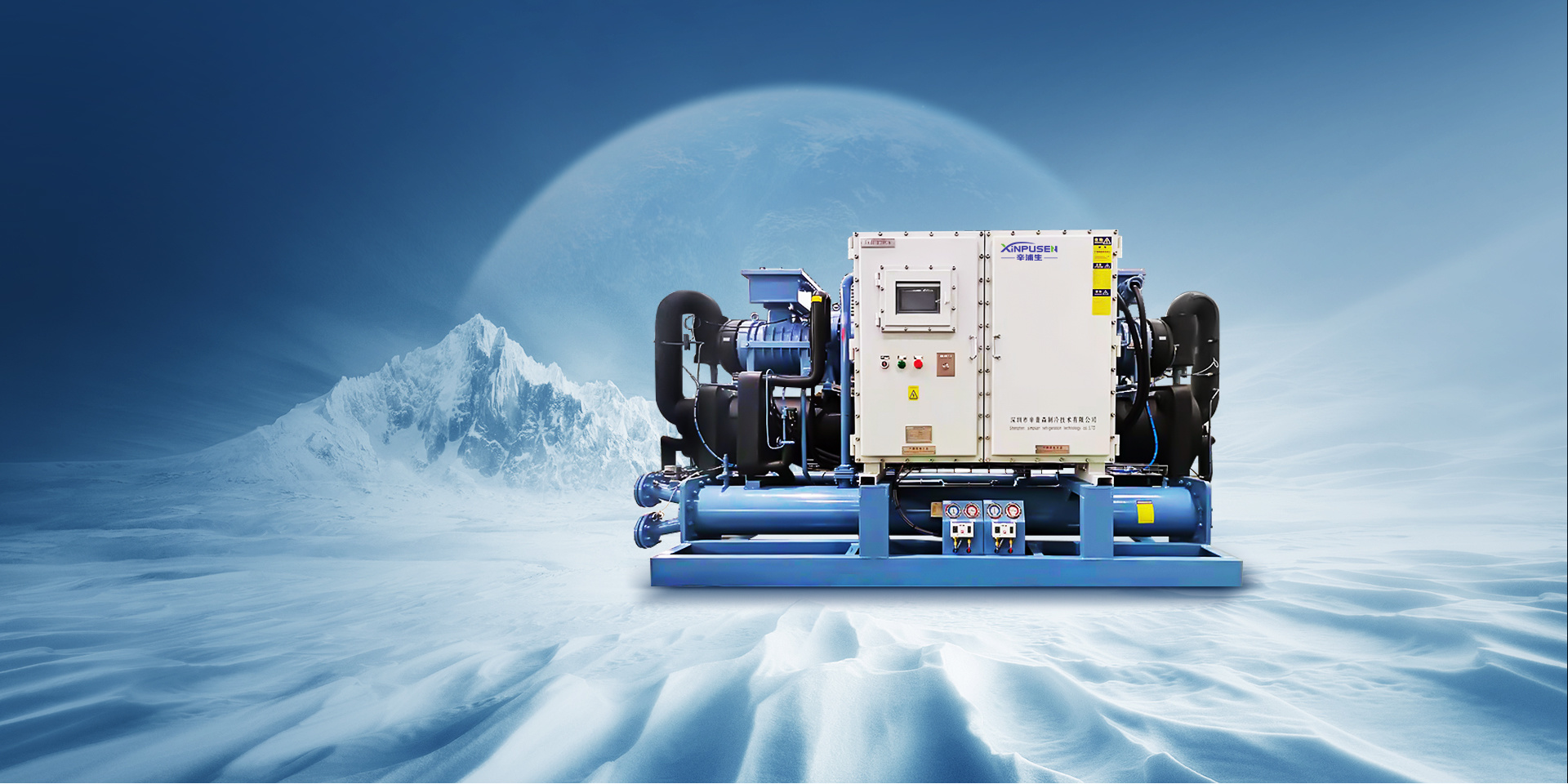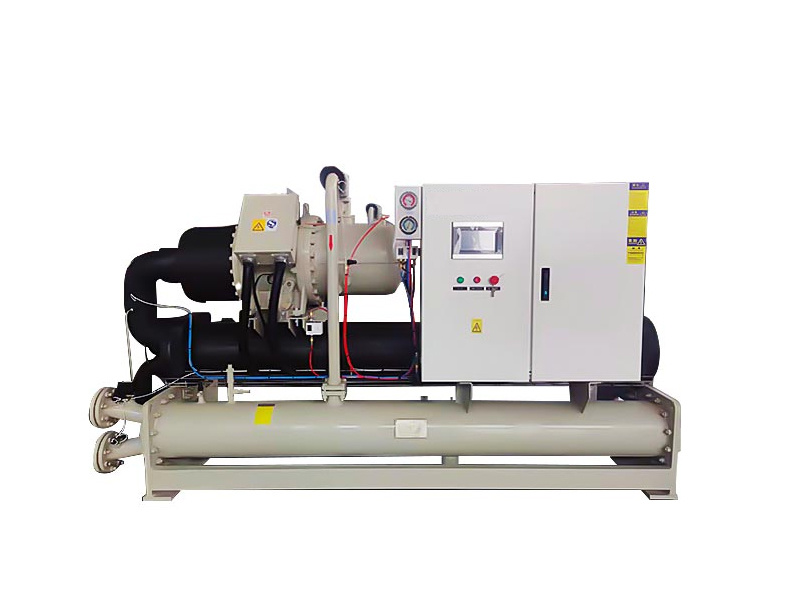Understanding Variable Frequency Centrifugal Chillers: A Comprehensive Overview
2025-07-16 17:20
One of the primary advantages of variable frequency centrifugal chillers is their energy efficiency. Traditional chillers often operate at a fixed speed, which can lead to energy waste during periods of low demand. In contrast, variable frequency centrifugal chillers adjust the compressor speed based on real-time cooling requirements. This means that when the demand for cooling is low, the chiller can reduce its energy consumption significantly, resulting in lower operational costs and a reduced carbon footprint.
Moreover, variable frequency drives enable smoother starts and stops for the compressor, minimizing wear and tear on mechanical components. This feature not only extends the lifespan of the chiller but also reduces maintenance costs over time. Additionally, the precise control afforded by VFDs helps maintain stable cooling temperatures, ensuring optimal performance for sensitive industrial processes.
Another key benefit of variable frequency centrifugal chillers is their ability to operate quietly. The gradual ramp-up of compressor speed reduces noise levels compared to traditional systems that may produce loud sounds during start-up. This characteristic is especially important in environments where noise pollution can be a concern, such as hospitals, schools, and office buildings.
In terms of installation and integration, variable frequency centrifugal chillers can be seamlessly incorporated into existing HVAC systems. They are designed to work alongside other components, offering flexibility in system design. This adaptability is crucial for facilities looking to upgrade their cooling solutions without overhauling their entire infrastructure.
Furthermore, modern variable frequency centrifugal chillers often come equipped with advanced monitoring and control systems. These systems provide real-time data and analytics, allowing facility managers to make informed decisions about energy usage and maintenance schedules. By leveraging this data, organizations can optimize their cooling operations and enhance overall efficiency.
In conclusion, variable frequency centrifugal chillers represent a sophisticated solution for industrial cooling needs. Their energy efficiency, extended lifespan, low noise operation, and seamless integration capabilities make them a preferred choice for many industries. By investing in this technology, organizations can not only improve their operational performance but also contribute to more sustainable practices in their cooling processes. As industries continue to seek ways to optimize their energy consumption, variable frequency centrifugal chillers stand out as a viable and innovative option.
Previous: Debunking Myths: The Truth About Air-Cooled Magnetic Levitation Chillers
More Information
2026-03-02
Understanding the Advantages of Water-Cooled Screw Chillers for Industrial Applications
2026-02-24
quality air cooled industrial chiller
2026-02-23
Essential Insights into Air Cooled Industrial Chillers: Efficiency, Selection, and Maintenance
2026-02-16
What to Expect During the Installation of Air Cooled Industrial Chillers: A Comprehensive Guide
2026-03-02
Understanding the Advantages of Water-Cooled Screw Chillers for Industrial Applications









 CN
CN EN
EN


